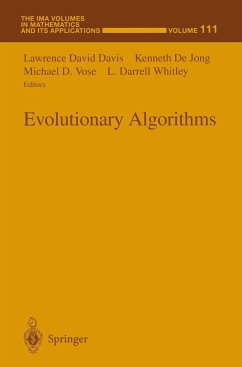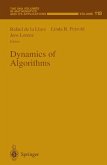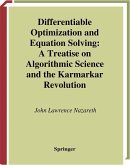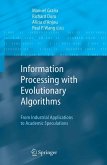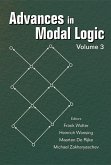The IMA Workshop on Evolutionary Algorithms brought together many of the top researchers in the area of Evolutionary Computation for a week of intensive interaction. The field of Evolutionary Computation has developed significantly over the past 30 years and today consists of a variety of subfields such as genetic algorithms, evolution strategies, evolutionary programming, and genetic programming, each with its own algorithmic perspectives and goals. The workshop did a great deal to clarify the current state of the theory of Evolutionary Algorithms. The existing theory might be characterized as deriving from two principal approaches. There is a high level macro-theory that looks at the processing of "building blocks" and "schemata" that are shared by many good solutions when searching a problem space. There is also a low level micro-theory that builds exact Markov models of the search process. It is sometimes hard for researchers working at such different levels of abstraction to interact. The IMA workshop allowed researchers working at these different levels to present their points of view and to move toward common ground. There was real progress in communication between theorists and practitioners in the evolutionary computation field. Speakers presented applications across a wide range of problem areas. In some of those cases, theoretically motivated methods work quite well. In other cases, practitioners used domain-based methods to obtain better performance than could be achieved by using a "pure" evolutionary algorithm. Individuals on both sides went away with a better appreciation of the successes and failures of current theory. TOC:Foreword.- Preface.- Genetic algorithms as multi-coordinators in large-scale optimization.- Telecommunication network optimization with genetic algorithms: A decade of practice.- Using evolutionary algorithms to search for control parameters in a nonlinear partial differential equation.- Applying genetic algorithms to real-world problems. An overview of evolutionary programming.- A hierarchical genetic algorithm for system identification and curve fitting with a supercomputer implementation.- Experiences with the PGAPack parallel genetic algorithm library.- The significance of the evaluation function in evolutionary algorithms.- Genetic algorithm optimization of atomic clusters.- Search, binary representations and counting optima.- An investigation of GA performance results for different cardinality alphabets.- Genetic algorithms and the design of experiments.- Efficient parameter optimization based on combination of direct global and local search methods.- What are genetic algorithms? A mathematical perspective.- Survey of projects involving evolutionary algorithms sponsored by the Electric Power Research Institute.
Hinweis: Dieser Artikel kann nur an eine deutsche Lieferadresse ausgeliefert werden.
Hinweis: Dieser Artikel kann nur an eine deutsche Lieferadresse ausgeliefert werden.

